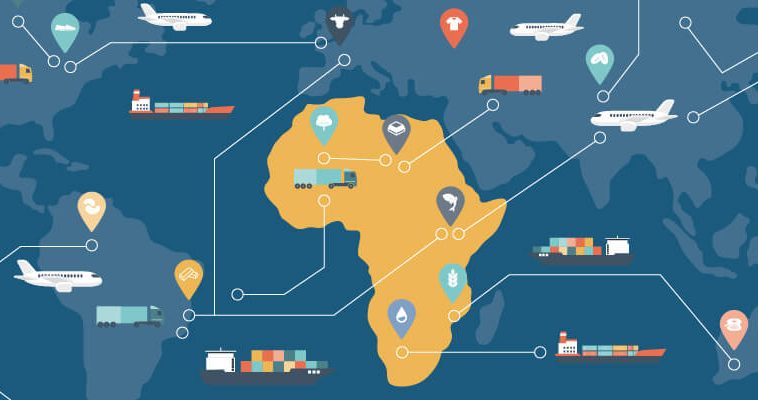Across Africa, the discourse surrounding labour rights is on the rise as countries try to breach the delicate balance between economic growth and ensuring adequate protections for workers. From debates over minimum wage policies to concerns about working conditions and the rise of the gig economy, the continent is witnessing a pivotal moment in its approach to labor rights.
One of the key issues at hand is the establishment of fair and living wages. Many African nations are contending with the challenge of setting minimum wage standards that both support workers’ livelihoods and stimulate economic growth. In some instances, there are stark disparities between urban and rural areas, as well as among different sectors, exacerbating inequalities.
Internal conflicts continue to plague nations like Burundi, the Central African Republic, Somalia, and South Sudan, exacerbating humanitarian crises and stripping millions of basic protections. In Burkina Faso, Chad, Guinea, Mali, and Sudan, where military regimes have taken hold after recent coups, workers’ civil liberties and freedoms, such as the right to peaceful assembly and access to justice, have been severely curtailed.
Government repression against opposition groups, including trade unions, has escalated in countries like Eswatini and Zimbabwe, leading to violence and the targeting of human rights advocates.
The report highlights that across Africa, the right to strike is frequently violated, with 95% of countries excluding workers from this fundamental right. Instances of union leaders being prosecuted for participating in strikes, as seen in Togo and Zimbabwe, underscore the challenges faced by labor movements in the region.
Dismissals for participating in strike actions remain commonplace, with employers in Zimbabwe, South Africa, and Uganda among those implicated in targeting workers who exercise their right to strike. Additionally, workers in several countries, including Angola and Ghana, have faced intimidation and threats from employers to deter strike actions.
The right to establish and join a trade union continues to be denied to many workers, with 95% of countries in Africa excluding workers from this fundamental labor protection. In Rwanda and Uganda, laws prohibit political office holders and security service officers from forming or joining trade unions, further restricting labor rights.
Instances of union-busting tactics are prevalent, with employers in Zimbabwe, Nigeria, and Lesotho accused of targeting union leaders and members to weaken labor movements. These tactics include dismissals, arbitrary transfers, and the creation of rival unions.
The proliferation of informal employment arrangements, particularly in the gig economy, presents a significant challenge to traditional labor regulations. While these platforms offer flexibility, they often lack the safeguards and benefits associated with formal employment, leaving workers vulnerable to exploitation and precarious working conditions. Balancing the innovation of the gig economy with the need to protect workers’ rights remains a contentious issue.
There are concerns regarding workplace safety and health standards across various industries. From manufacturing to agriculture, workers face hazards that jeopardize their well-being, yet enforcement of safety regulations remains inconsistent. Efforts to strengthen occupational safety measures are essential to safeguarding workers and promoting sustainable development.
Despite these challenges, workers across Africa continue to mobilize and demand their rights. Now more than ever, there is a growing call for labor laws and enforcement mechanisms that uphold workers’ rights while promoting economic growth. Advocates argue that investing in human capital through fair wages, safe working conditions, and social protections not only improves the lives of workers but also enhances productivity and drives sustainable development.


